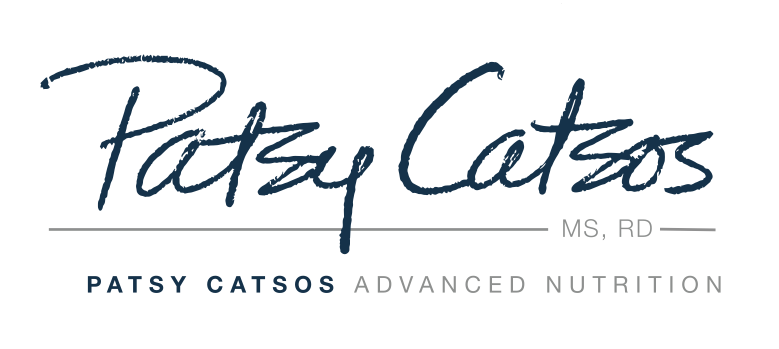How long should you stay on the elimination phase of a FODMAP elimination diet? This is an important question; you will read and hear a wide variety of opinions on the subject. Some of that advice is just plain bad. FODMAPs are not the enemy. Most FODMAP-containing foods are not "bad foods." Beware of dodgy advice that suggests you should stay on the elimination phase of the diet as long as possible. The best advice about timing comes directly from the doctor or dietitian who knows you best. My short answer is: don't stay on it any longer than you have to.
Many high-FODMAP foods contain valuable nutrients and taste great! How long should you wait before reintroducing them?
- An elimination diet is a learning diet, not a permanently restricted diet.
- The time period should be long enough for it to be apparent whether or not the low- FODMAP approach is helping.
- Let's face it, lots of people have a limited attention span for dietary change. If we stretch the process out too long, we may lose focus, and could leave valuable information on the table.
- As it is, even during the challenge process you will be continuing to eat the baseline elimination diet, so it does last longer than it might seem at first.
- Several of the earlier clinical studies on low-FODMAP diets were conducted with longish elimination phases of 6-8 weeks. However, a 2014 Monash University study by Emma Halmos and colleagues demonstrated that the greatest change in GI symptoms for a group of IBS patients occurred in the first seven days of the low-FODMAP study diet and was maintained thereafter. That is consistent with what I've seen in my practice over many years of working with IBS patients.
- It doesn't take long for the elimination of FODMAPs to have an effect. The osmotic effects of FODMAPs (pulling fluid into the gut, causing pain, urgency and loose stools) literally cannot take place after they have passed out of your body. "They must be present to win." So, for example, if a lactose intolerant person eats ice cream on Sunday night, has a bout or two of watery diarrhea early Monday morning and passes all the lactose remnants by Monday night, that lactose is gone. It cannot still be causing osmotic diarrhea on Thursday, or 6 to 8 weeks later, for that matter.
- On the other hand, it is possible that people who tend toward constipation and have very slow transit times might still have some FODMAPs on board for a longer time period. These may be people for whom the fermentability of FODMAPs is a bigger problem than the osmotic effects. At first it would seem that once the excess gas produced by fermentation has been passed, this effect of FODMAPs would also cease, and I have worked with many constipated patients who did feel much better within a day or two. However, because FODMAPs feed and change the gut microbiome, improvements could continue to occur over time for some people, as the biomass evolves. Some studies show that individual symptoms may continue to improve for up to 4 weeks on a low-FODMAP diet.
- If you've been on the diet for longer than that and you just aren't feeling better, staying on it longer, sadly, is not going to help. Before abandoning it, though, meet with an diet and nutrition expert to make sure you that your diet was truly low in FODMAPs. It's not an easy project, and sometimes even people who have really worked hard at it are still eating far more FODMAPs than they think they are.
- If you are feeling better after several weeks, it's time to move on, using either food challenges or one of the more cautious approaches described in The IBS Elimination Diet and Cookbook.
The Bottom Line
Bottom line, two to four weeks is plenty of time in most cases for you to get organized, try the diet, and decide whether the FODMAP approach is helping. After that, to get the widest possible variety of nutrients, liberalize your diet as tolerated. The IBS Elimination Diet and Cookbook offers three choices for the reintroduction process. Plan A is for otherwise-healthy people who are not afraid to trade a bout of symptoms for information about tolerance. Plan B is for people who have reason to take a more cautious approach; it is far less likely to trigger a bout of symptoms. Plan C is for people with very limited ability to reintroduce foods. Please consult a registered dietitian if you need individualized advice about how to proceed.
This post was originally published on June 2, 2015. It was revised and republished on September 14, 2017.
This page may contain affiliate links. We are a participant in the Amazon Services LLC Associates Program, an affiliate advertising program designed to provide a means for us to earn fees by linking to Amazon.com and affiliated sites.


